The Green List: Peter Garrett on the ‘high-risk’, ‘cruel joke’ of nuclear energy
The Midnight Oil frontman, former politician and environmentalist says the idea that Australia needs a more expensive and riskier technology when it has an abundance of sun, wind and flowing water is ‘a cruel joke’.
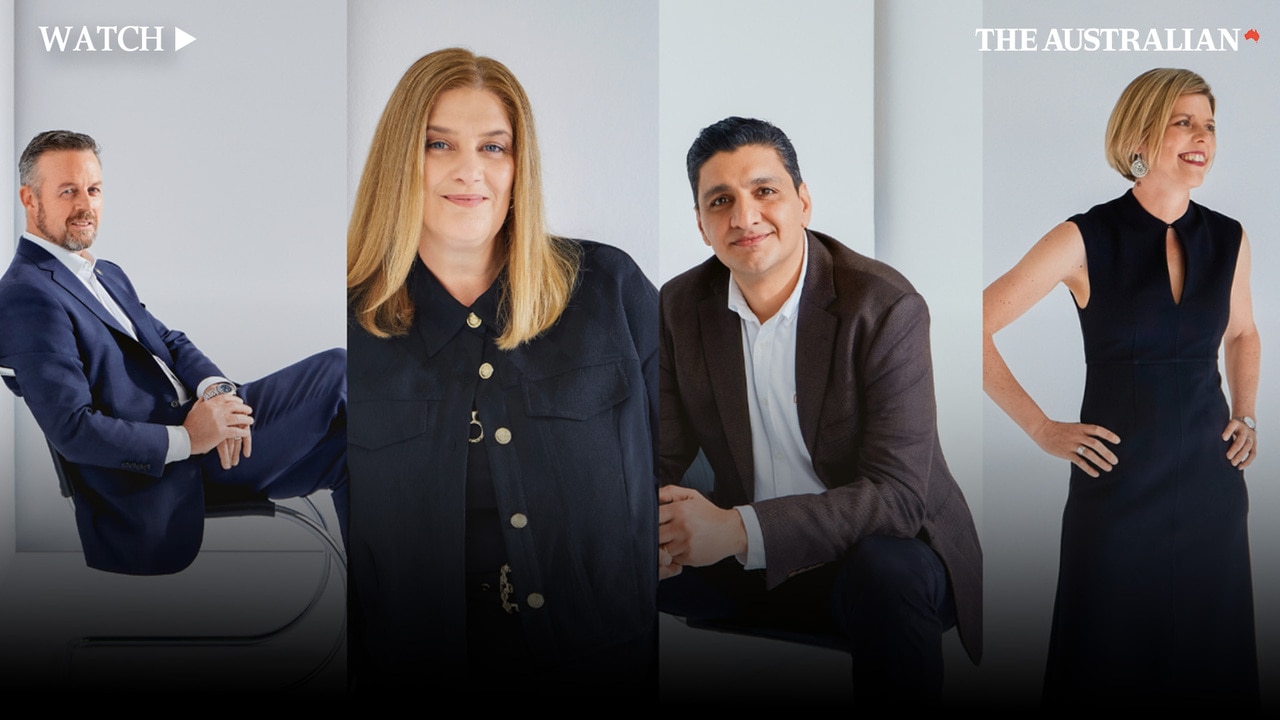
Andrew McMillen talks with the Midnight Oil frontman, former politician and committed environmentalist Peter Garrett about his passion for Australia to turn away from fossil fuels and towards a cleaner, greener, more sustainable future.
Have you always been “green”, or sustainability-inclined?
If growing up in nature and caring about the natural world means being green, then yes. As a young boy, I spent a lot of time playing in the bush. My parents gave me the great gift of freedom to roam, to explore and to imagine. Those experiences still sustain me. As a scout, I ventured further afield, learning self-sufficiency and independence. As a surfer, I learned to respect the power of the ocean, and marvel at its productivity.
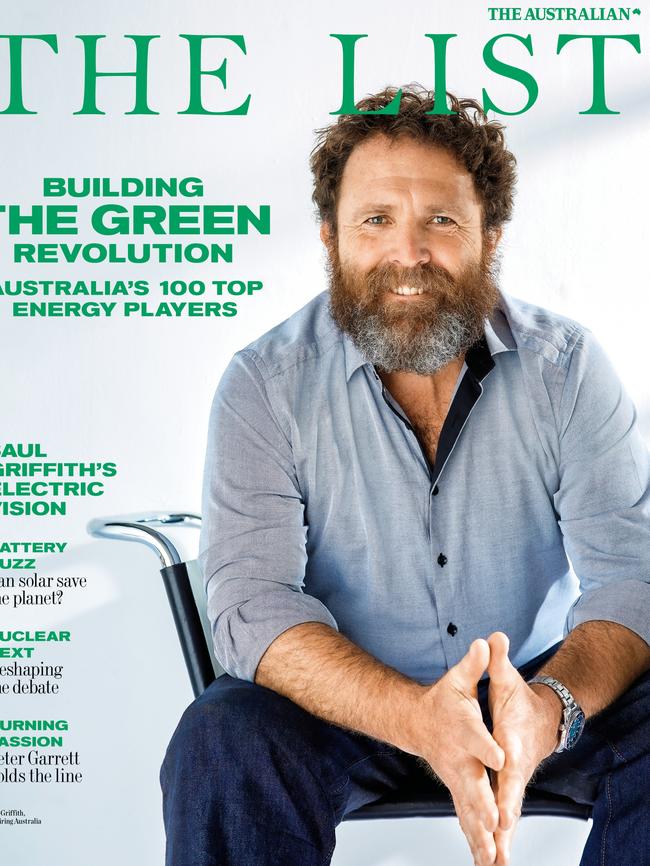
This is an article from The List: 100 Top Energy Players 2024, which is published in full online on November 21.
Can you remember when you began to think about the environment as something worth preserving for future generations?
Swimming through untreated sewage at Manly in the early 1980s was a turning point as it was obviously both dumb and capable of being fixed. Then on tour with the Oils, seeing other parts of Australia, and then the world, where forests were being clear-felled overnight and skies darkened by pollution brought it home that big changes were needed. Science tells us that earth is “firmly on track” to becoming unliveable, yet we continue with business as usual and timid incrementalism.
Do you think we need a reset on national energy policy because of the emerging costs of renewables?
Yes, but not in the way the question implies. Failure to urgently speed away from fossil fuels poses massive risks as rising emissions turbocharge climate change; witness the growing number of climate disasters making news. The mounting costs of dealing with extreme weather, the health effects of an overheating planet, and impending large-scale population movement are far, far greater than the adjustment costs of moving to 100 per cent renewables and using batteries for storage, which is doable and urgently needed.
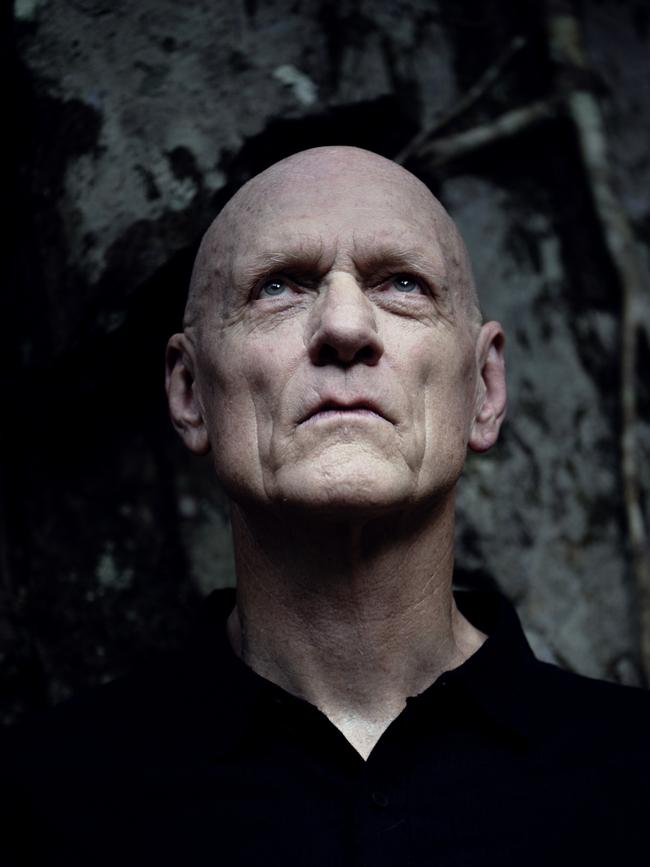
What is your view on nuclear energy?
The idea that Australia needs a far more expensive, high-risk, difficult to manage and uninsurable technology when it has an abundance of sun, wind and flowing water is a cruel joke. Despite assertions by vested interests, nuclear can’t happen quickly, efficiently or safely enough to deal with the need to get out of oil, coal and gas and put ourselves on a safe, reliable and affordable energy footing. Given the millions of solar panels on roofs and the now substantial contribution of renewables to providing power, I’d say we’re ready. Still, it’s a desperate race to avoid more climate tipping points. Expanding fossil-fuel production flies in the face of rational thinking. It’s time we called it criminal behaviour, since we can foresee the terrible harm being caused.
Is climate amelioration created by individual actions – such as recycling – or government policy? Or both?
Government policy is the key, at every level, local to global. Every step someone takes shifts the dial, too – as does positive action from business. But given the scale of the challenge, only resolute governments can save the day. Governments pass laws and regulations; they design budgets; they can preference industries that don’t ramp up global heating. Tragically, with fracking heading to the Kimberley, and coal and gas being expanded, we’re still waiting.
With regard to your own journey, on green/sustainability matters, do you feel you can accomplish more outside politics?
I can’t judge accomplishment. I felt the same inside as I do now. I mourn the loss of opportunity to get on top of the climate crisis earlier – it’s too real and getting worse. I’m going to keep on with it because the world is surely worth looking after. Are we going to leave a burning mess behind for the next generations to have to deal with? Not if we act resolutely, in whatever way we peacefully can.
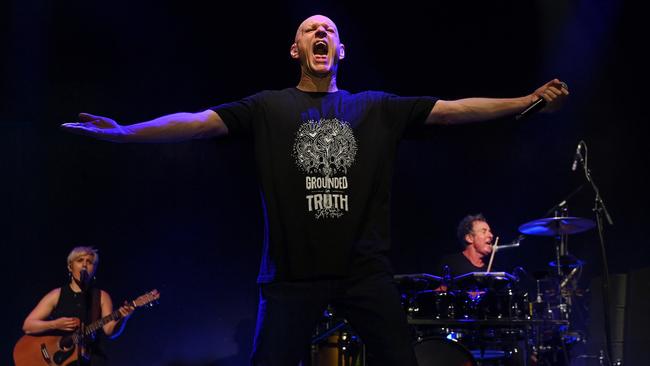
If you had a magic wand, what’s one thing you would change about how we, as a nation, approach our allocation of natural resources?
That we adopt the “do no harm” principle in regulation, so any resources allocation – particularly coal, oil and gas exploitation that increases the amount of CO2, or damages the environment – be ruled out. The employment gains of moving away from fossil fuels are tangible. In many cases, markets have already made the call, yet perversely, fossil fuel companies who pay little tax in Australia and are hellbent on continuing with their destructive business model are still allowed to operate. In summary: start by getting rid of fossil fuel subsidies so energy businesses can operate on a level playing field.
What is your greatest hope with regard to Australia’s natural environment?
That we stop treating the environment as an afterthought. I sense and hope for an attitudinal sea change – informed by Indigenous experience, inspired by our holidays, our artists, our farmers, our gardeners – that lifts our gaze to the extraordinary coastline, reefs, rivers and wetlands, verdant rainforests; the whole panoply of environments to which we owe our existence, and decide irrespective of age, political persuasion or station, that protection of nature – whose health is vital to our survival – is no longer a mercenary trade-off, but as inviolable as family, barbecues and footy.



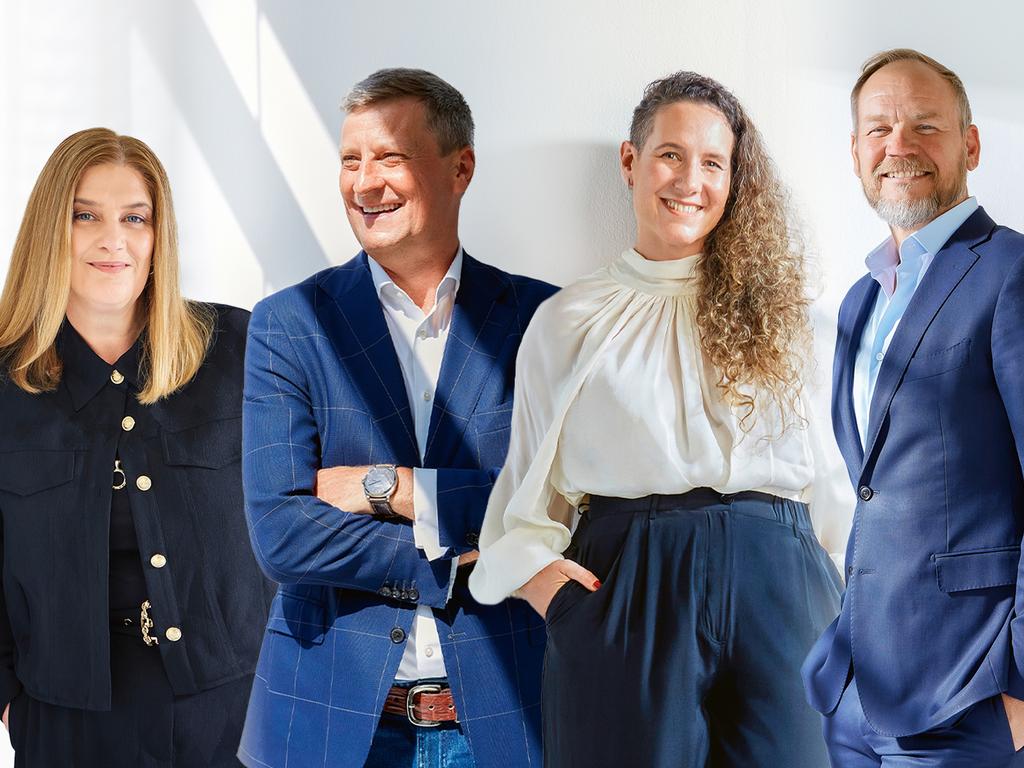
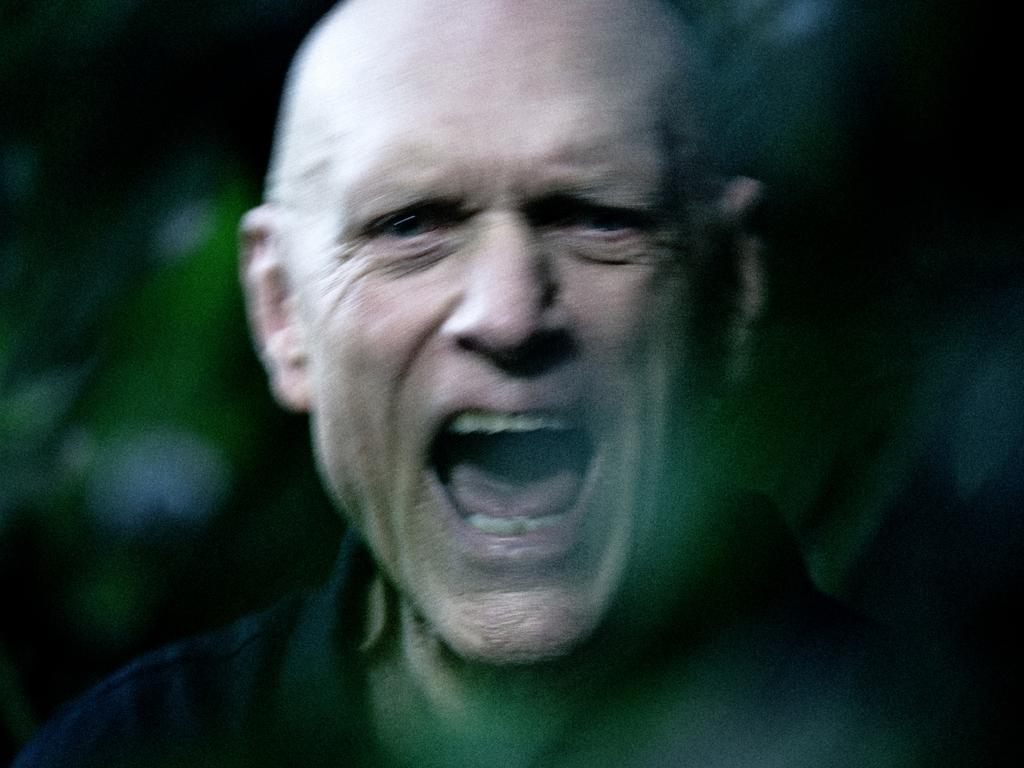
To join the conversation, please log in. Don't have an account? Register
Join the conversation, you are commenting as Logout